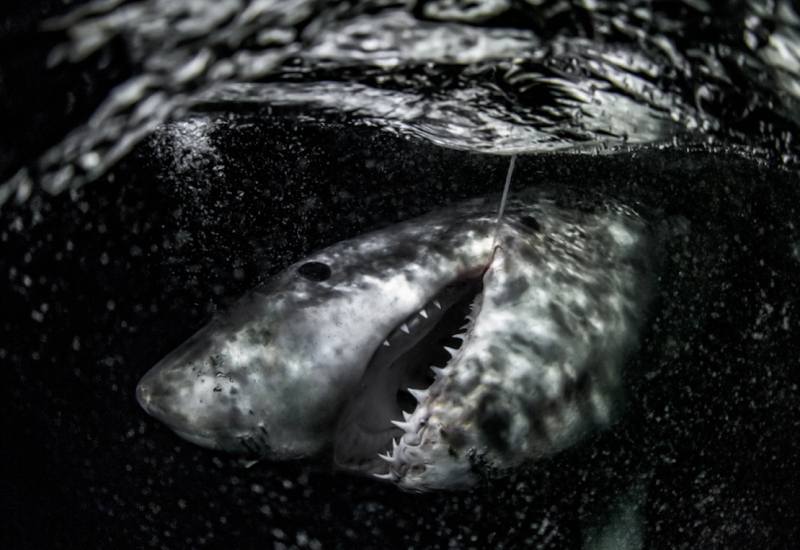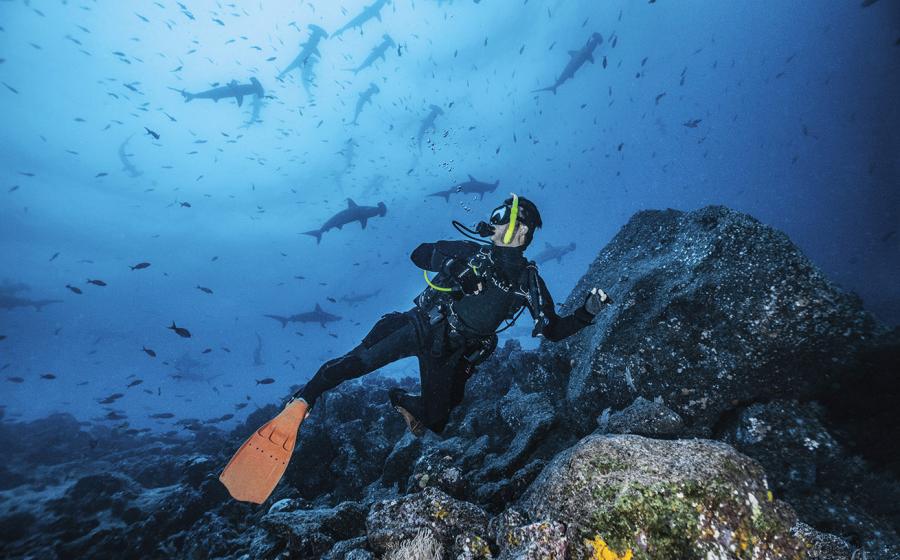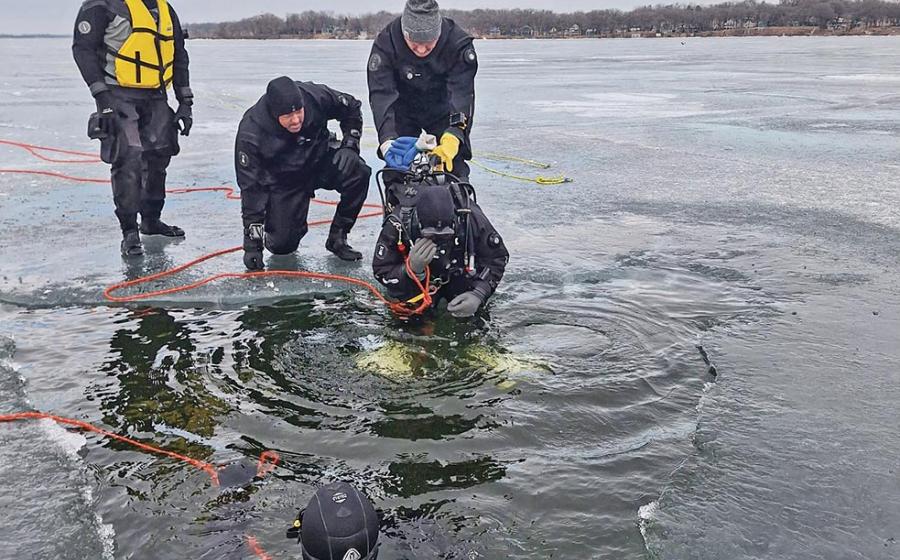Nine Facts You Didn't Know about the Sea Otter

Richard Mittleman/Gon2foto/Alamy• Sea otters use rocks to detach mollusks underwater and smash them open on their chest while floating on the surface.
• Sea otters can dive to more than 100feet deep and hold their breath for nearly five minutes.
• When the U.S. Fish and Wildlife Service relocated a colony of sea otters to one of California’s offshore islands, most swam back to the mainland.

Kennan Ward/Corbis/Agefotostock• When resting or feeding on the surface, sea otters often wrap themselves in kelp fronds to keep from drifting away.

Colin Curwood/Alamy• Oil spills pose the most serious threat to sea otters, followed by killer whales and poaching. Thousands perished in the 1989 Alaskan Exxon Valdez oil spill.
• Sea otters have the thickest coat in the animal kingdom, with up to a million hairs per square inch.

Mustafa6noz/Thinkstock• Sea otters help maintain the kelp forest by consuming urchins that graze on the giant algae.

Rolf Hicker/Agefotostock• Sea otters often float together in male or female groups, known as rafts. The largest raft ever recorded had more than 2,000 otters.

Bigandt_Photograghy/Thinkstock• Sea otters are the smallest marine mammals but the largest members of the weasel family, with some males weighing in at just under 100 pounds.
Sea otters are fast, clever and social animals. When it comes to hunger otters use rocks to detach mollusks underwater. When they just feel like floating, they float together with other otters. They may be the smallest marine mammal, but they have one of the biggest personalities.










